Let’s imagine you went to your doctor for an annual checkup. Nothing was wrong, you just needed to have a once over. While the doctor was checking you out, he noticed a mole on your back that looked a little strange … you know, the infamous, “suspicious mole.” For me, that saying always conjures up a vision of a mole in a trench coat with only its eyes sticking out above the collar.
The doctor recommended you have the mole removed and biopsied, but you were getting ready to go on vacation and didn’t really want to deal with a bandage over the excision site. Also, you were not sure if your insurance was going to cover the procedure, and quite frankly, you were not all that concerned about the mole. You mentioned these things to your doctor and he said, “OK, well we really should do this, but the decision is up to you.”
Do you think your physician agonized over the fact you opted not to have the procedure done? Do you think he was saying to himself, “Well, if she can go on vacation, I don’t understand why she was worried about the cost of this procedure.” Do you think that for one minute the doctor thought about not telling you about the mole he felt needed to be removed? Seems absurd doesn’t it? But yet, this scenario takes place every day in dental offices.
I hear my colleagues complain that patients will only “do what their insurance will pay for.” I hear them talking about other things they know the patient spends money on. Even worse, I have heard about hygienists not discussing patients oral conditions because, “the patient will not do anything about it anyway.”
When I was in dental hygiene school, never once was I taught to consider a patient’s insurance coverage when reporting my findings. I was never taught to judge patients if they opted not to accept recommended therapies. I am not sure at what point all of this became OK in our profession.
We need to remember it is our responsibility to inform patients about their oral situation, and just because we tell them does not mean they need to do anything about it. Remember something called informed consent? Patients need to be advised of their situation, informed of the recommended treatment and what the expected outcome is, what the risks of treatment are and what the risk of no treatment is. Nowhere in informed consent does it say the patient must chose to do something.
Dental professionals need to operate more like medical professionals: the patient decides what is right for them and we honor their wishes because it is not our decision to make.
Editorial note: This article was originally published in Hygiene Tribune Vol. 4 No. 6, June 2011.
MELVILLE, N.Y., USA: Henry Schein Inc. is reminding its customers that the Henry Schein Disaster Relief Hotline is open for dentists, physicians and ...
LONDON, Ontario, CANADA: Clinician’s Choice has announced the Canadian Rockies Dental Conference, sponsored by Hands-OnLine LIVE, from Aug. 11 to 13 at ...
PHILADELPHIA, Pa, & CHICAGO, Ill., USA: American dentists are more likely to drill than seal non-cavitated caries lesions (NCCL) in children as ...
ORLANDO, FL, USA: Nearly 4,000 dental professionals gathered at the Gaylord Palms here for the 2009 Annual Session of the American Association of ...
SAN FRANCISCO, Calif., USA: There may not be such a thing as a free lunch, but at the ADA Annual Meeting there were plenty of free courses, and the schedule...
MELVILLE, N.Y., USA: Henry Schein Inc. recently joined the Alpha Omega (AO) International Dental Fraternity’s Chicago chapter in recognizing 28 area ...
LAS VEGAS, NV, USA: The 152nd American Dental Association (ADA) Annual Session and World Marketplace Exhibition will be held Monday through Thursday, Oct. ...
NEW YORK, N.Y., USA: Robert S. Roda, DDS, MS, was installed as president of the American Association of Endodontists during AAE’s annual session, held...
During the 2025 International Dental Show, Dental Tribune International sat down with Terri Capriolo, senior vice president of oral health at Carbon, to ...
As a practicing endodontist over the past 25 five years, you believe you’ve seen whatever can walk in the door case wise. We are taught to look at ...
Live webinar
Tue. 3 March 2026
8:00 PM EST (New York)
Dr. Vasiliki Maseli DDS, MS, EdM
Live webinar
Wed. 4 March 2026
12:00 PM EST (New York)
Munther Sulieman LDS RCS (Eng) BDS (Lond) MSc PhD
Live webinar
Wed. 4 March 2026
1:00 PM EST (New York)
Live webinar
Wed. 4 March 2026
8:30 PM EST (New York)
Lancette VanGuilder BS, RDH, PHEDH, CEAS, FADHA
Live webinar
Fri. 6 March 2026
3:00 AM EST (New York)
Live webinar
Tue. 10 March 2026
4:00 AM EST (New York)
Assoc. Prof. Aaron Davis, Prof. Sarah Baker
Live webinar
Tue. 10 March 2026
8:00 PM EST (New York)
Dr. Vasiliki Maseli DDS, MS, EdM



 Austria / Österreich
Austria / Österreich
 Bosnia and Herzegovina / Босна и Херцеговина
Bosnia and Herzegovina / Босна и Херцеговина
 Bulgaria / България
Bulgaria / България
 Croatia / Hrvatska
Croatia / Hrvatska
 Czech Republic & Slovakia / Česká republika & Slovensko
Czech Republic & Slovakia / Česká republika & Slovensko
 France / France
France / France
 Germany / Deutschland
Germany / Deutschland
 Greece / ΕΛΛΑΔΑ
Greece / ΕΛΛΑΔΑ
 Hungary / Hungary
Hungary / Hungary
 Italy / Italia
Italy / Italia
 Netherlands / Nederland
Netherlands / Nederland
 Nordic / Nordic
Nordic / Nordic
 Poland / Polska
Poland / Polska
 Portugal / Portugal
Portugal / Portugal
 Romania & Moldova / România & Moldova
Romania & Moldova / România & Moldova
 Slovenia / Slovenija
Slovenia / Slovenija
 Serbia & Montenegro / Србија и Црна Гора
Serbia & Montenegro / Србија и Црна Гора
 Spain / España
Spain / España
 Switzerland / Schweiz
Switzerland / Schweiz
 Turkey / Türkiye
Turkey / Türkiye
 UK & Ireland / UK & Ireland
UK & Ireland / UK & Ireland
 International / International
International / International
 Brazil / Brasil
Brazil / Brasil
 Canada / Canada
Canada / Canada
 Latin America / Latinoamérica
Latin America / Latinoamérica
 China / 中国
China / 中国
 India / भारत गणराज्य
India / भारत गणराज्य
 Pakistan / Pākistān
Pakistan / Pākistān
 Vietnam / Việt Nam
Vietnam / Việt Nam
 ASEAN / ASEAN
ASEAN / ASEAN
 Israel / מְדִינַת יִשְׂרָאֵל
Israel / מְדִינַת יִשְׂרָאֵל
 Algeria, Morocco & Tunisia / الجزائر والمغرب وتونس
Algeria, Morocco & Tunisia / الجزائر والمغرب وتونس
 Middle East / Middle East
Middle East / Middle East











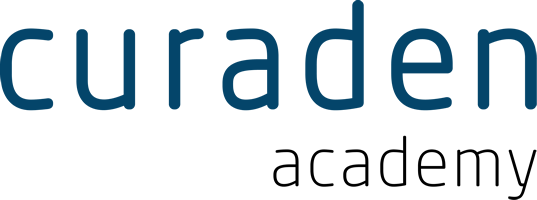















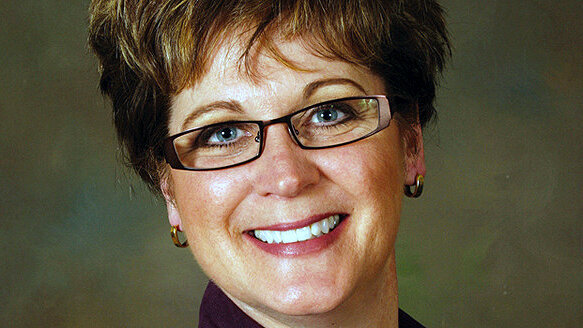




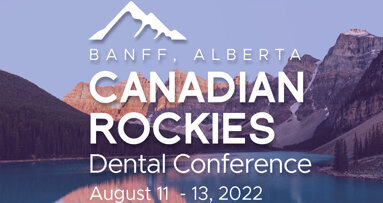
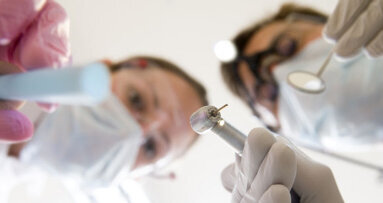
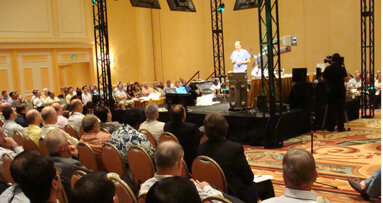
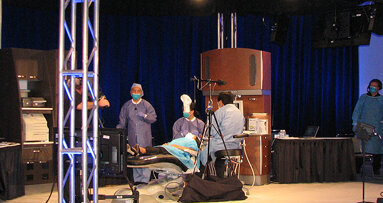
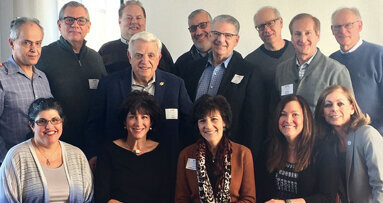
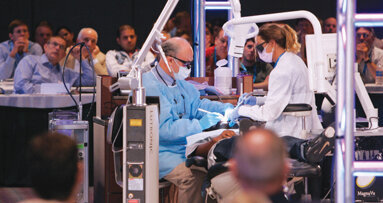
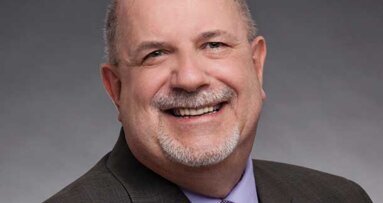

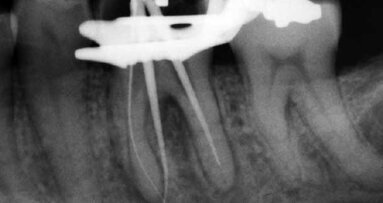















To post a reply please login or register